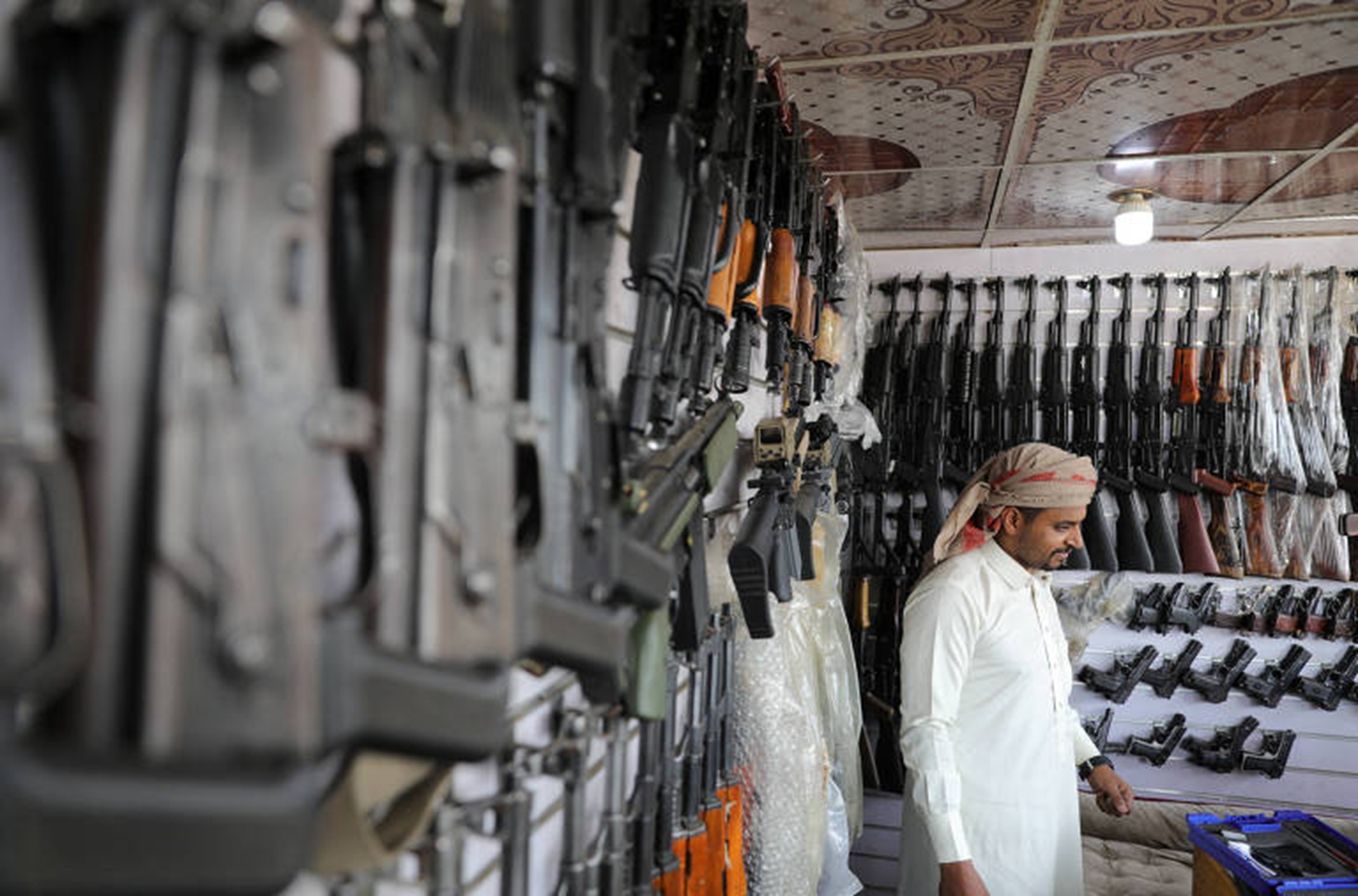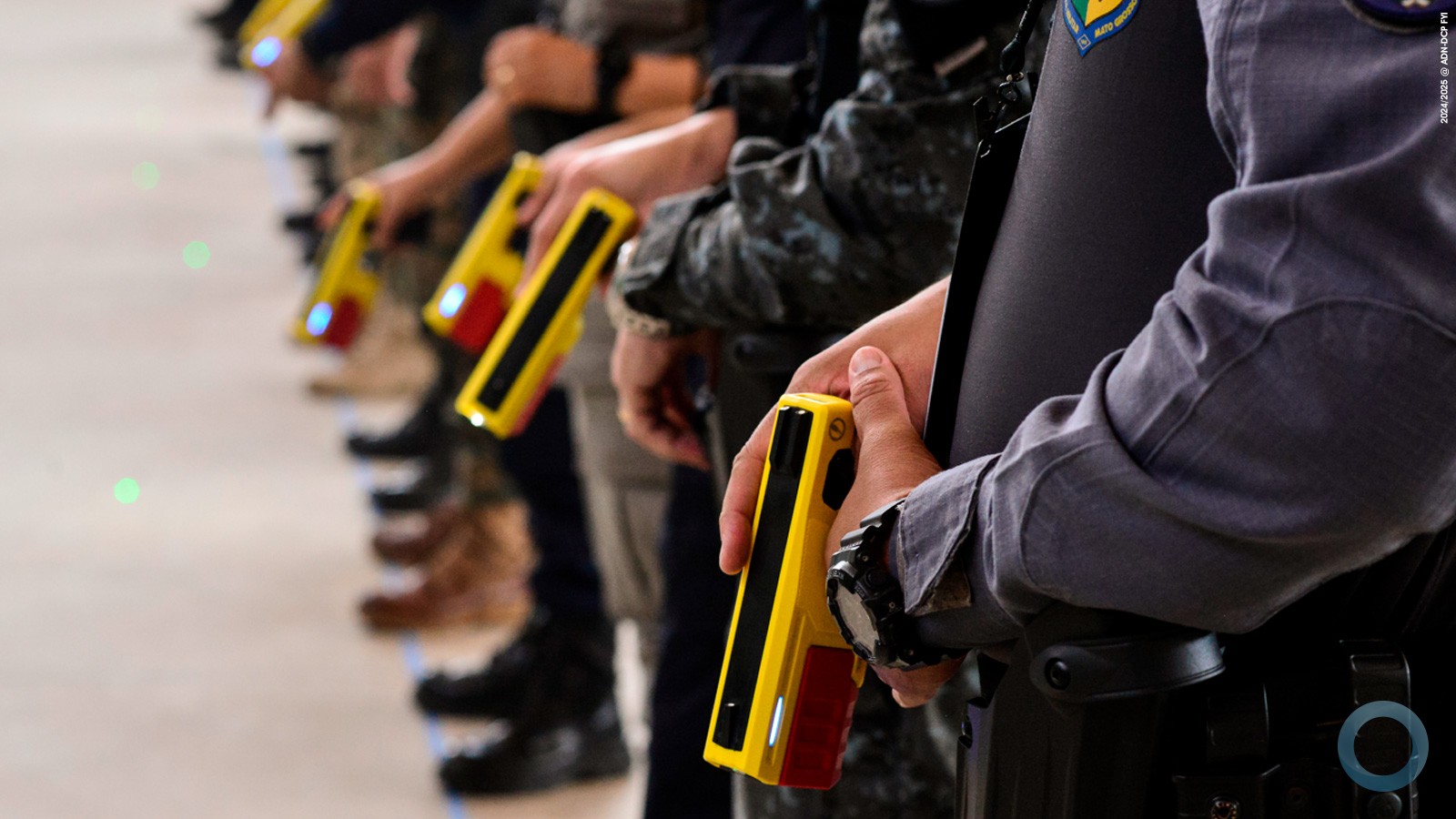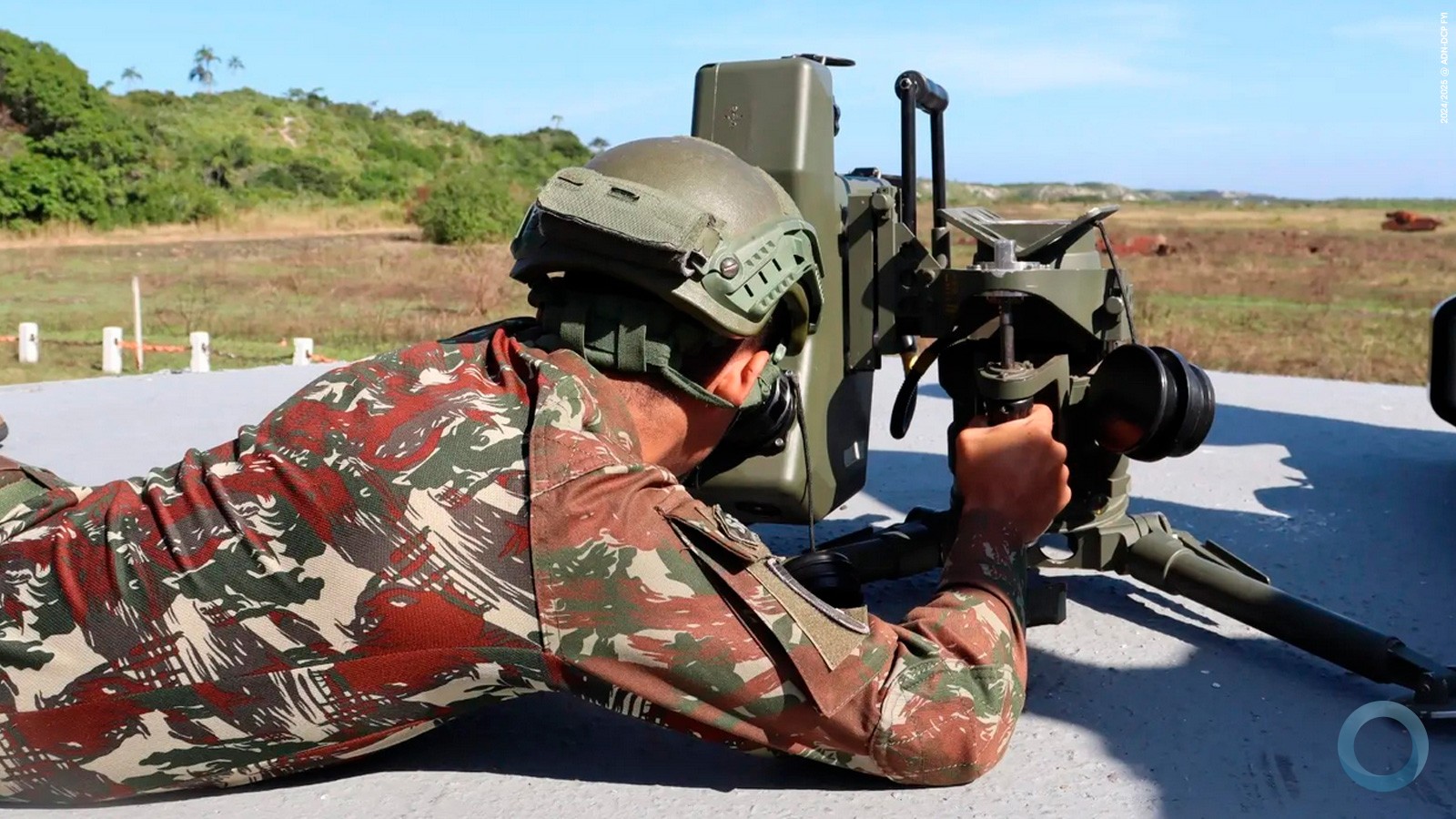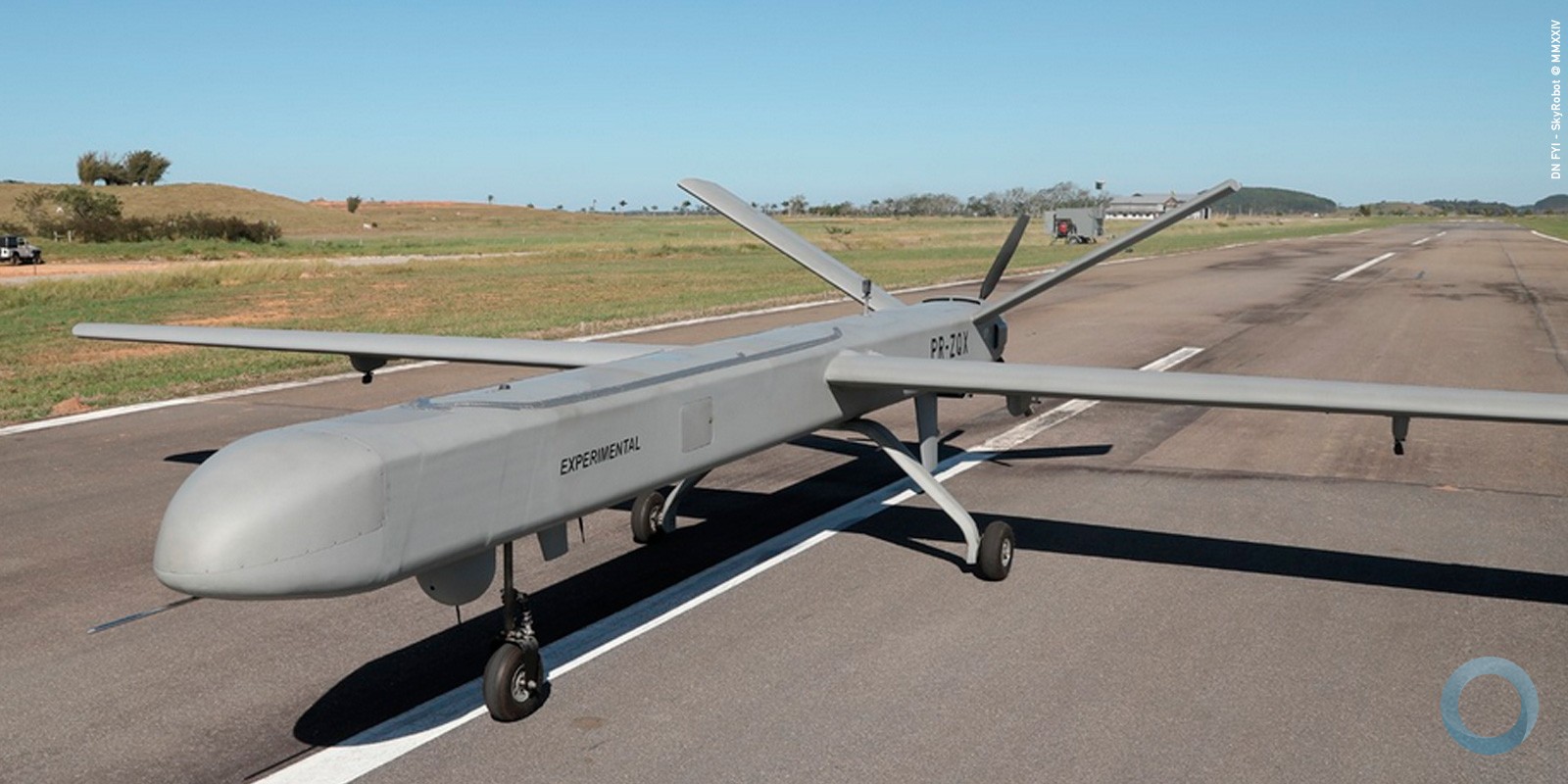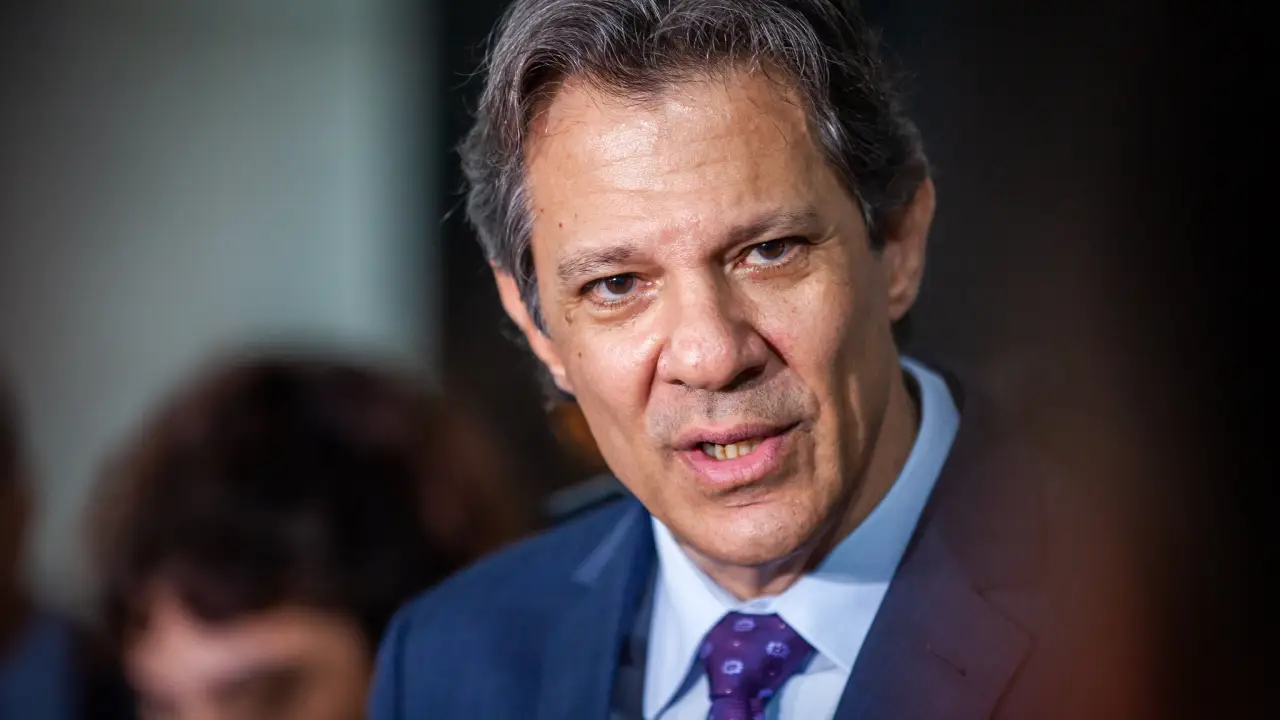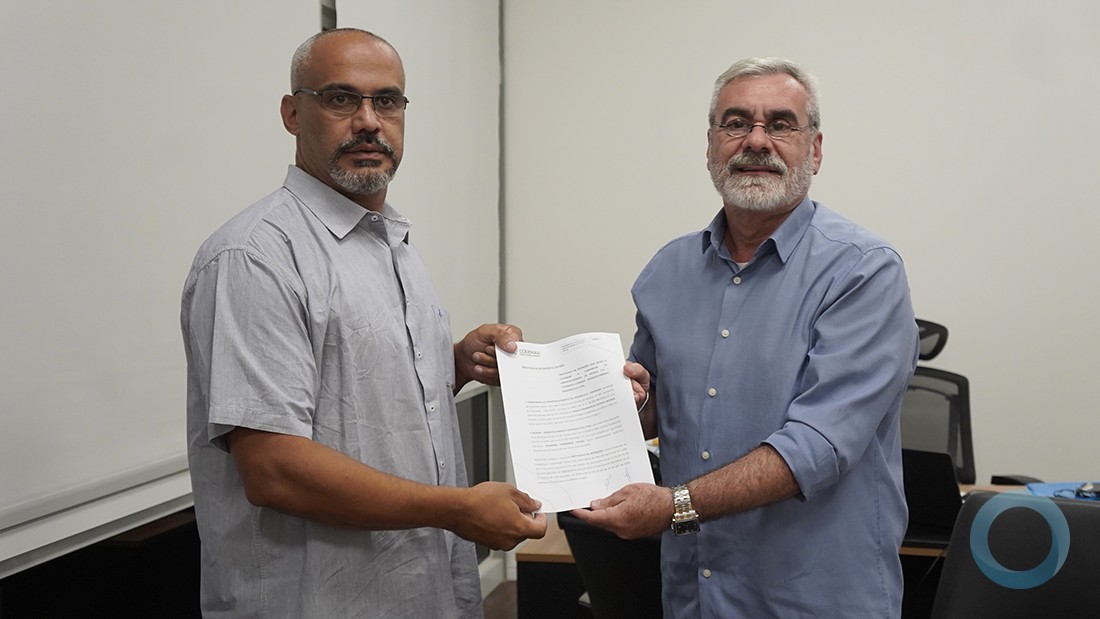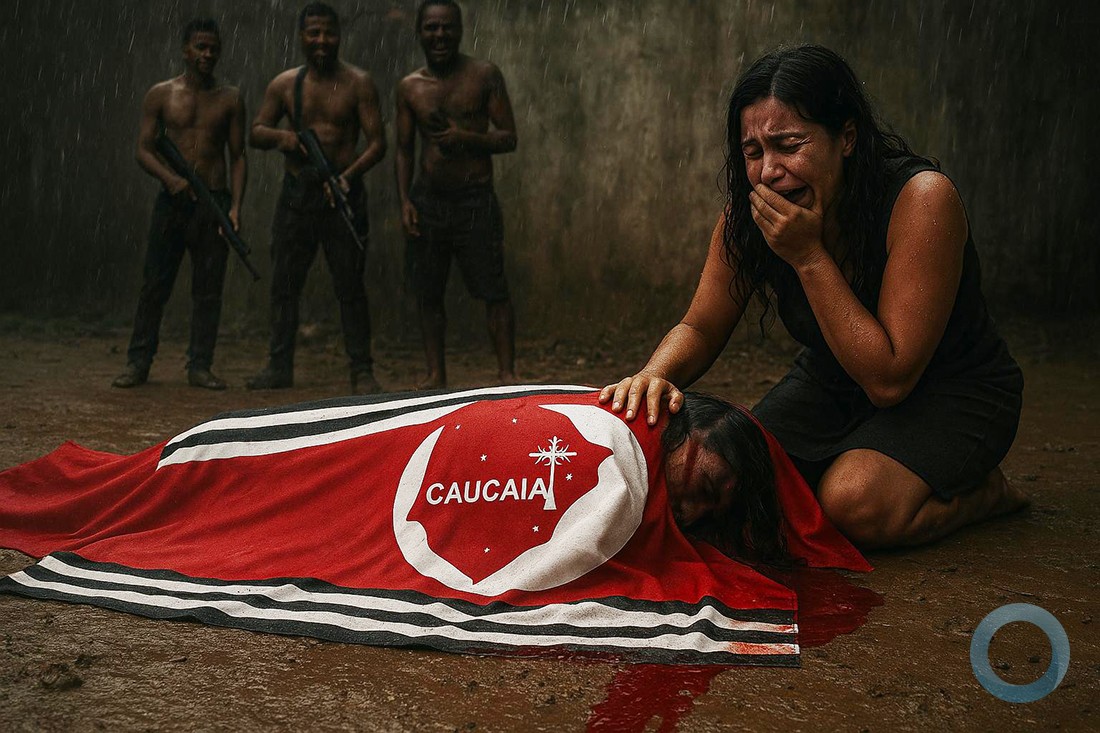Baroness Neville Jones – Minister of State for Security and Counter Terrorism
Speech to Latin American Aerospace and Defence Conference
Introduction
Good evening and thank you for inviting me to speak here at the Latin American Aerospace and Defence Conference. It is a pleasure to be here and I am delighted to see companies from across the world are in attendance. It is an illustration of how important the Latin American security market has become to the world, not least because of the considerable honour you have been granted to host the 2014 Football World Cup and the 2016 Olympic and Paralympic Games. I take a particularly keen interest in your preparations here in Brazil as I am the Minister in the British government who directly supervises the security aspects of the 2012 Olympics in the UK. We would like to help everyone involved in staging the Olympics here in Rio. In London, there are now about 500 days until the Opening ceremony next year. You in Brazil still have several years to plan and we hope you will be able to benefit from our experience. Tonight I would like to outline a few of the major aspects to which in our view, based on our own experience, organisers of the Olympics need to give early attention. My focus will be on the safety and security aspects. So everything I say needs to be set in the context of wider planning for the staging of the Games. I will set out some of the challenges we face; how we are addressing them, and why I am confident of success. I hope this will be useful for you in your own planning for the World Cup as well as the Olympics since there is considerable similarity between the challenges each faces and the solutions to them.
Scale of the Games
The first thing to say about the games is that they are a big affair, taking place in many sites simultaneously over many days. From the opening of the athletes' village through to the end of the paralympics is 56 days . At many levels this is an organisational challenge. Many competitors and coaches; many spectators and huge numbers of journalists. Next year In the UK we will welcome over 14,000 athletes who will be watched by around 10 million ticketholders in over 30 venues. The world wide audience for the opening ceremony is expected to peak at 4 billion and organisers are planning for about 120 heads of state to attend. In the UK we are used to delivering high profile events with discreet yet effective security whether it’s the visit of His Holiness the Pope; or the forthcoming Royal Wedding or the European Champions League football Final. Even by the UK standards however, the Olympics are a significant event. And everyone needs to be safe and secure without feeling oppressed by the precautions taken to protect them.
Government guarantees and risk management
Governments holding the Games of course make a pledge to the International Olympic Committee to “coordinate all matters of security and emergency services for the Games”. This is an absolute commitment. It sensibly envisages that emergencies can happen. So before starting to make arrangements for, say, policing or spending money, we decided we had to study what contingencies could arise and assess their relative likelihood. Realistic risk assessment at the outset of planning, which is constantly monitored for change right up to and through the Games, is in our experience the essential base for effective security. We have put in place something we call the Olympic Safety and Security Strategic Risk Assessment. This tool is indispensable to risk management: to the arrangements which can be put in place to reduce the likelihood of emergencies and the mitigations which can be sought to reduce their impact if they do occur. It is also the tool for deciding priorities for resource allocation. What things are most important and where, relative to existing assets, the investment needs to go. Good risk management reduces both risk and the cost of mitigating it.
Importance of a clear single strategy
The various strands of work dealing with different aspects of security need to be woven into a single clear strategy to which all those involved work. This helps reduce the chances of both gaps in and wasteful duplication of work by different organisations and provides everyone with a common sense of direction and shared purpose which is so essential to success. Our extensive experience in organising major events has taught us how fundamental this is as are clear demarcation of responsibilities and accountability. Everyone needs to know who is responsible for what. The Concept of Operations (CONOPS), flowing from the strategy, should make this clear. All this may sound very obvious. But when the task is complex and occurs only once in a lifetime, confusion about responsibility is all too possible.
The Games organisers LOCOG, the Police and my own organisation the Home Office have all signed up to a single strategy and plan for delivery. It was first published in July 2009 and has sent a powerful message to the IOC, to participants and to spectators that the safety and security of the Games is a priority for everyone involved in hosting them.
Organisations working together
Safety and security affect many aspects of the Games, from the way the venues themselves are constructed; to ensuring the safety of the public transport system; to preventing crime and to managing the immigration of the many thousands coming from abroad. From the start the British government has worked closely with the organisers of the Games, the venue operators, the police, our security services and public transport operators to ensure that security is embedded in everyone’s plans rather than added in at a later date.
Challenges facing Olympic organisers
Of course, each Games faces different risks. The London 2012 Games is the first Games to be staged in a SEVERE terrorist threat environment. This may sound daunting, but we are already operating at this level and, as anyone who has visited the UK recently will have seen, day to day life in my country is perfectly normal. We have enhanced intelligence capabilities and we know how to provide robust security which does not obtrude. We also take immigration and border control very seriously and have put in place special measure to ensure that security is maintained without however clogging up our airports as competitors and spectators arrive to enjoy themselves.
Violence may come from abroad to the Games but also be home grown and, historically, this has indeed been the more frequent provenance. I suggest that from which ever source and however unlikely, the impact on proceedings of terrorism can be so devastating that that it must be right to take the necessary precautions.
Our risk assessment in the UK also tells us that demonstrators and protesters may be active at Games time and will try to create public disorder. We know that criminals will be active. Indeed, they already are. These are the sorts of risks to which you in Brazil will want to give priority attention.
Let me give you some examples of the sort of planning we are doing. In relation to public order policing we are ensuring that officers in sufficient numbers will be available throughout the period of the Games. This involves organising starting training many months beforehand so as not to disrupt normal police activity and crime prevention.
Whilst the security operation will peak in its activity during Games time, we realise that those intent on disrupting the Games will not necessarily wait until the Opening Ceremony before they act. This is especially true of criminals. Tickets for the Olympic Games recently went on sale in the UK. We know they are highly attractive targets to fraudsters. To target these criminals the police in London have established a special unit to combat serious and organised crime including ticket fraud and have already had success in tracking down would be fraudsters. Our nascent national cyber security strategy is relevant here. Online fraud is a serious problem and we intend to give combating it high priority from now on.
Parallel events
All countries hosting the Games celebrate it across the land. The UK is no exception. People will want to watch the Games on big screens in the open air; there will be street parties and firework displays often held in city centres. They add to the atmosphere of celebration that surrounds the Games and at the Vancouver Winter Olympics last year many thousands of people enjoyed these events every day. They are just as likely to be at risk from acts of criminality as the Games themselves and we are determined that they are not seen as easy targets. It is a challenge to ensure the safety and security of these events because of the variety of organisations involved in staging them and because, quite naturally they are organised much later than the formal Games events themselves. These events too area proper concern of the police who will assure that they are free from disruption.
Timetable
As I mentioned earlier, the London 2012 Games are now less than 500 days away and the torch relay starts in just over a year’s time. We have in effect been planning for the Games since January 2004 when our bid was launched. After we were awarded the Games in July 2005 the work to deliver a safe and secure Games began in earnest. With 5 years to go, in summer of 2007, we agreed a budget for the additional Olympic security which we thought necessary and which remains in place today.
The Home Office Director of Olympic Security- the senior official directly in charge of security was appointed in spring 2008 and since April of the same year a dedicated immigration team have been based in the Olympic Park. This work to ensure that the construction teams were themselves security cleared was enhanced further when biometric scanners were installed in the park a year later. With three years to go, in the summer of 2009, the safety and security Strategy which I mentioned earlier, agreed by police, Government and Games organisers, was published.
Our testing and exercising programme began in 2010 and is becoming an increasingly significant part of our work. We want to know that were there to be an emergency, our command and control systems would really work and any difficulties minimised. Later in the year and into 2012 we will deliver a series of command post and other exercises in which people across Government, including Ministers, as well as the emergency services will for the first time exercise the roles they will have during the Games..
Conclusion
The UK is entering the final stage of preparations for the 2012 Games. We know we face challenges but I believe we are well placed to deliver them based on our considerable experience over the last few decades. The UK benefited enormously from the learning we received from the hosts of previous Games, and we look forward to working with you as you prepare for your Games and sharing our experience with you.
Fonte – UK MOD







